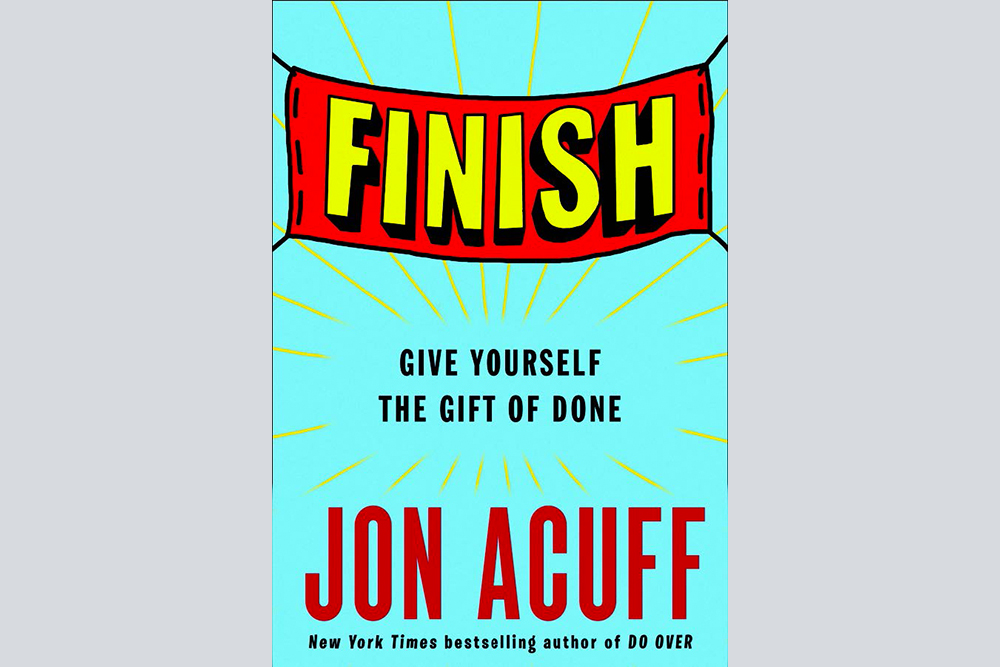When I was a freshman in college, I wanted to try out for the football team. Given my 5’7” soft frame, this makes complete sense. You can’t keep a tiger out of the jungle.
I decided to become a field-goal kicker. I bought a stand and a football at a sporting goods store. Late at night, I’d sneak into the stadium in Birmingham, Alabama, and practice my kicks.
Had I ever kicked a field goal? No. Had I ever played a single down of football? No. Did I ever make a field goal during my privatemidnight practices? Also, no.
So then why did I think I could walk on as a field-goal kicker for a Division I college team that occasionally played schools like Auburn?
Because I am crazy.
That was a foolish goal.
You’re not as foolhardy as me, but you probably tend to overreach a bit with your goals, too.
We all supersize our goals at the beginning and the reason why is simple.
Perfectionism.
In the middle of a goal, perfectionism gets real chatty. The first thing it says is that you won’t be able to do something perfectly and you shouldn’t even start. Far better to give up now than waste all that time and fail.
Perfectionism trots out a laundry list of reasons you shouldn’t begin. You’re too old. You’re too young. You’re too busy. You have too many goals and don’t know which one to focus on. You don’t have enough money or support. Someone else has already done the exact thing you want to do. Someone smarter with better teeth.
If you ignore this initial barrage and start something, perfectionism changes its tune completely. Now it says that you have to do it perfectly. It’s the only possibility that is acceptable.
What’s brilliant about that “do it perfectly” tactic is that it seems logical. If you are going to do something, shouldn’t it be amazing? Shouldn’t it be larger than life?
Go big or go home!
We’ve now bumped into the second lie of perfectionism: Your goal should be bigger.
That’s a fun sentiment, and the bigger the goal, the bigger the initial rush we get from imagining it, but today I’m going to dare you to do the opposite. In fact, I want you to cut your goal in half.
I’m not telling you to do less—doing this will actually help you do more.
Think about it this way. At the beginning, when our excitement is through the roof, we think our achievement must be as well. This is why people who have never run one hundred yards will tell me they are going to run a marathon. I will gently ask them, “Have you ever run a half marathon? Have you ever run a 5K? What about a K? Have you ever run just a single K? Get yourself a tiny little medal?
The answer is always no, they’ve never run before, but they insist on doing that marathon.
Have you ever wondered why 92 percent of people fail at their goals?
Because we tend to set goals that are foolishly optimistic.
Scientists call this “planning fallacy,” a concept first studied by Daniel Kahneman and Amos Tversky. They described this problem as “a phenomenon in which predictions about how much time will be needed to complete a future task display an optimism bias and underestimate the time needed.
This is an extract from Jon Acuff's Finish published by Portfolio











